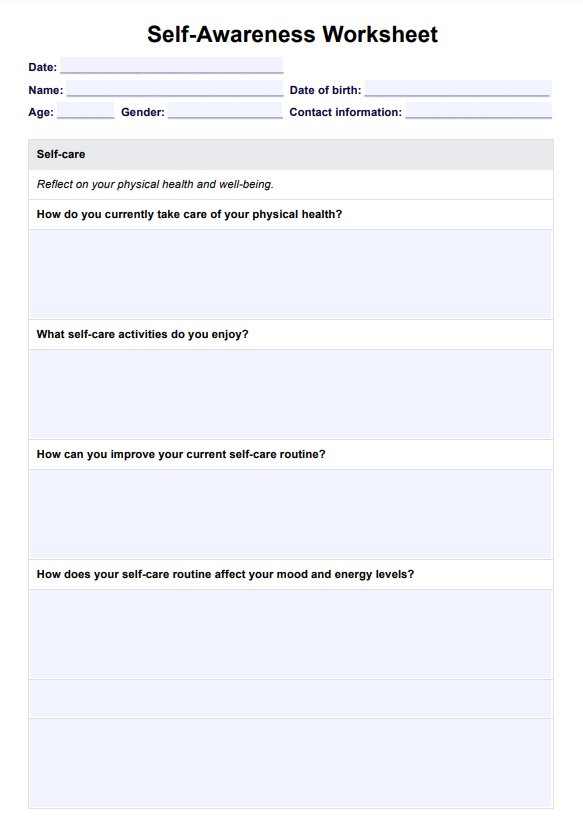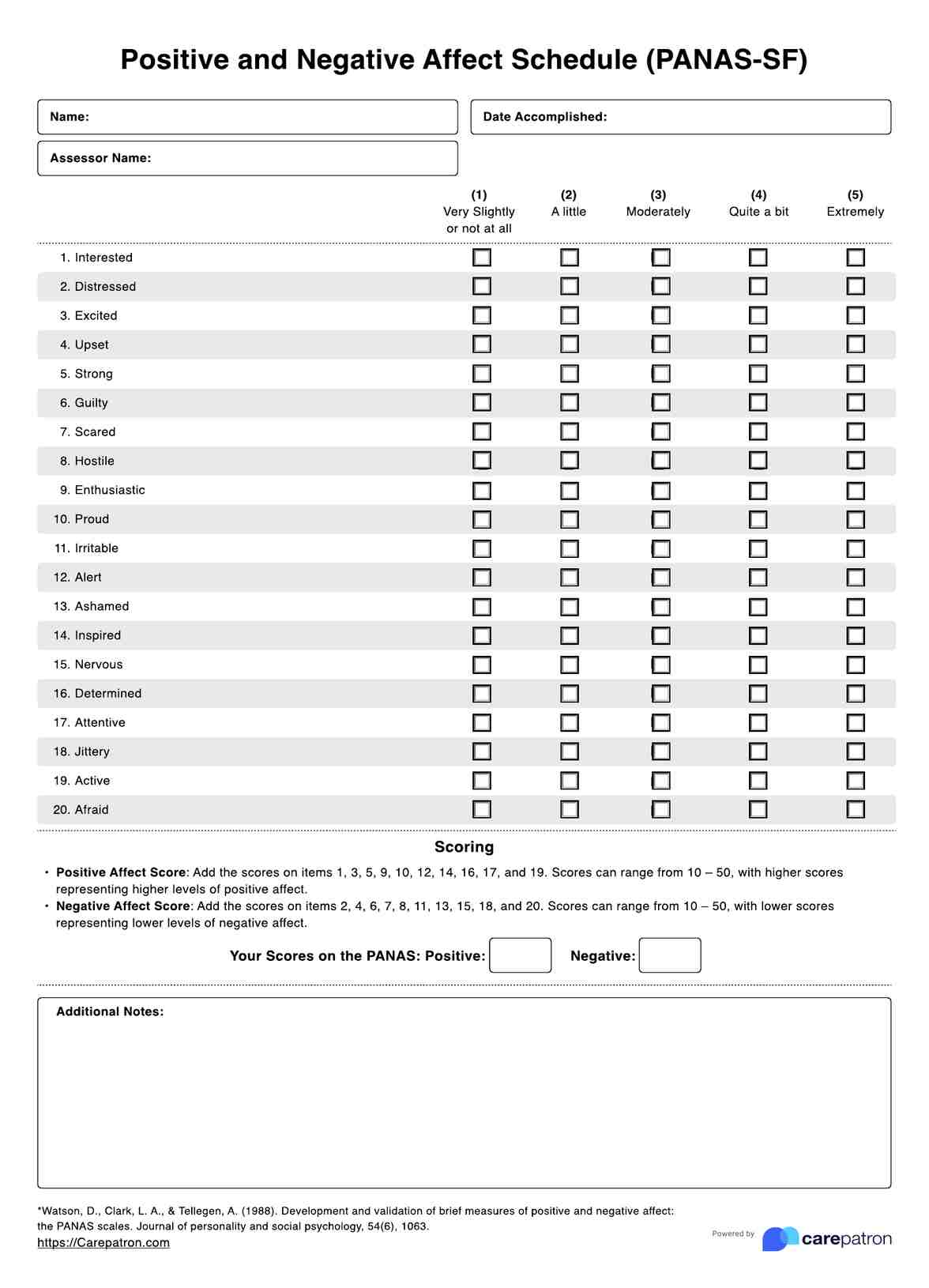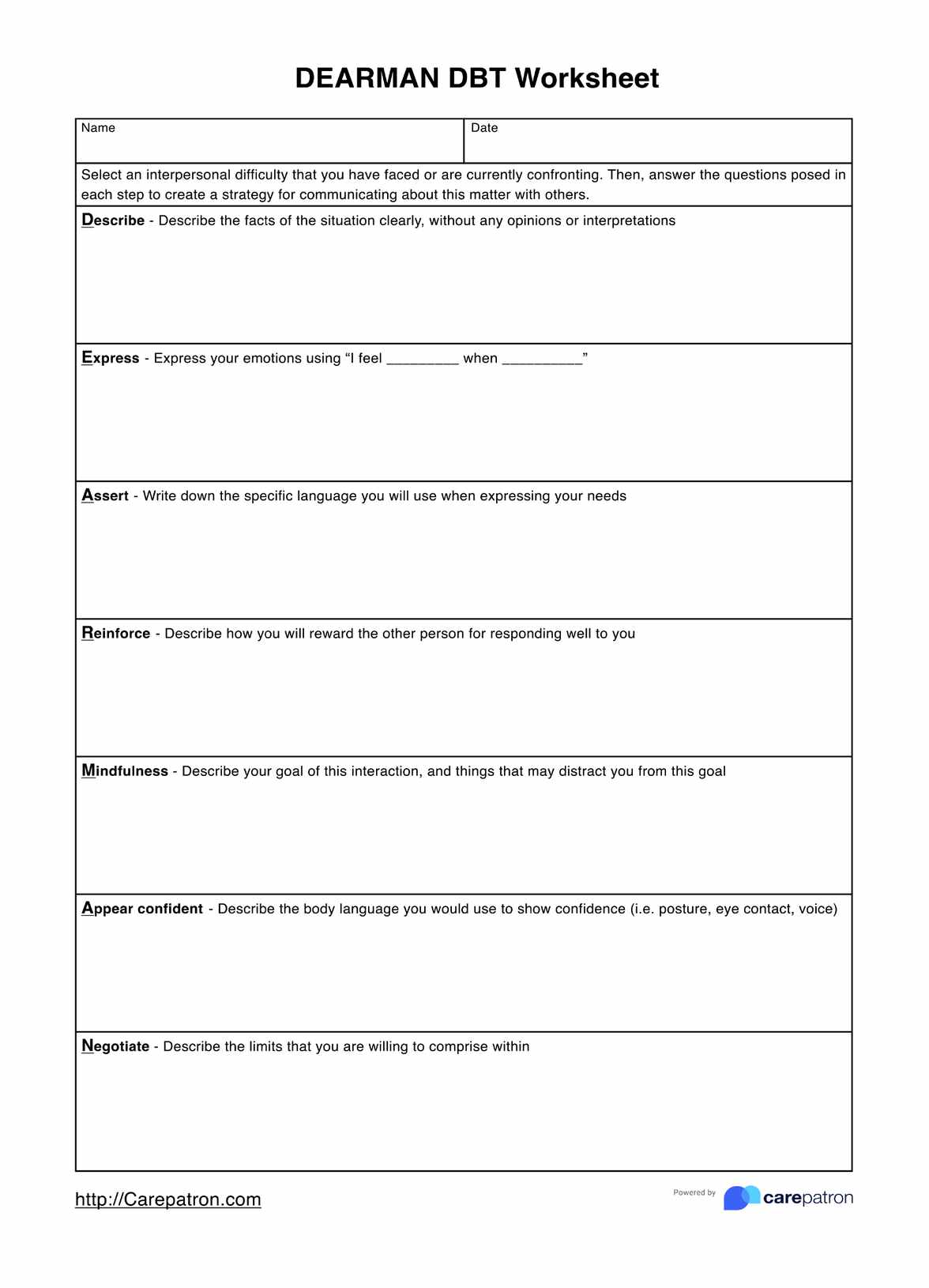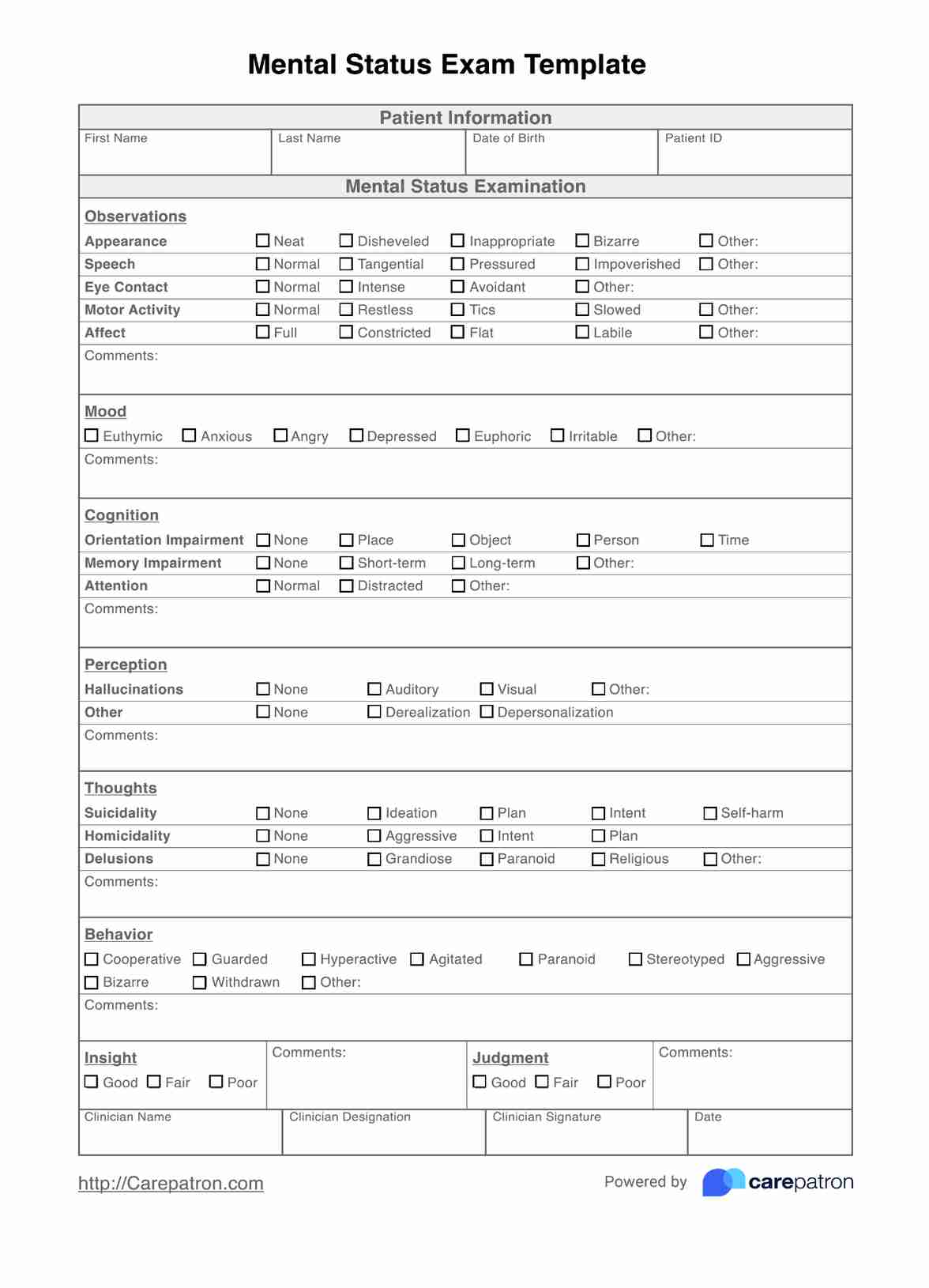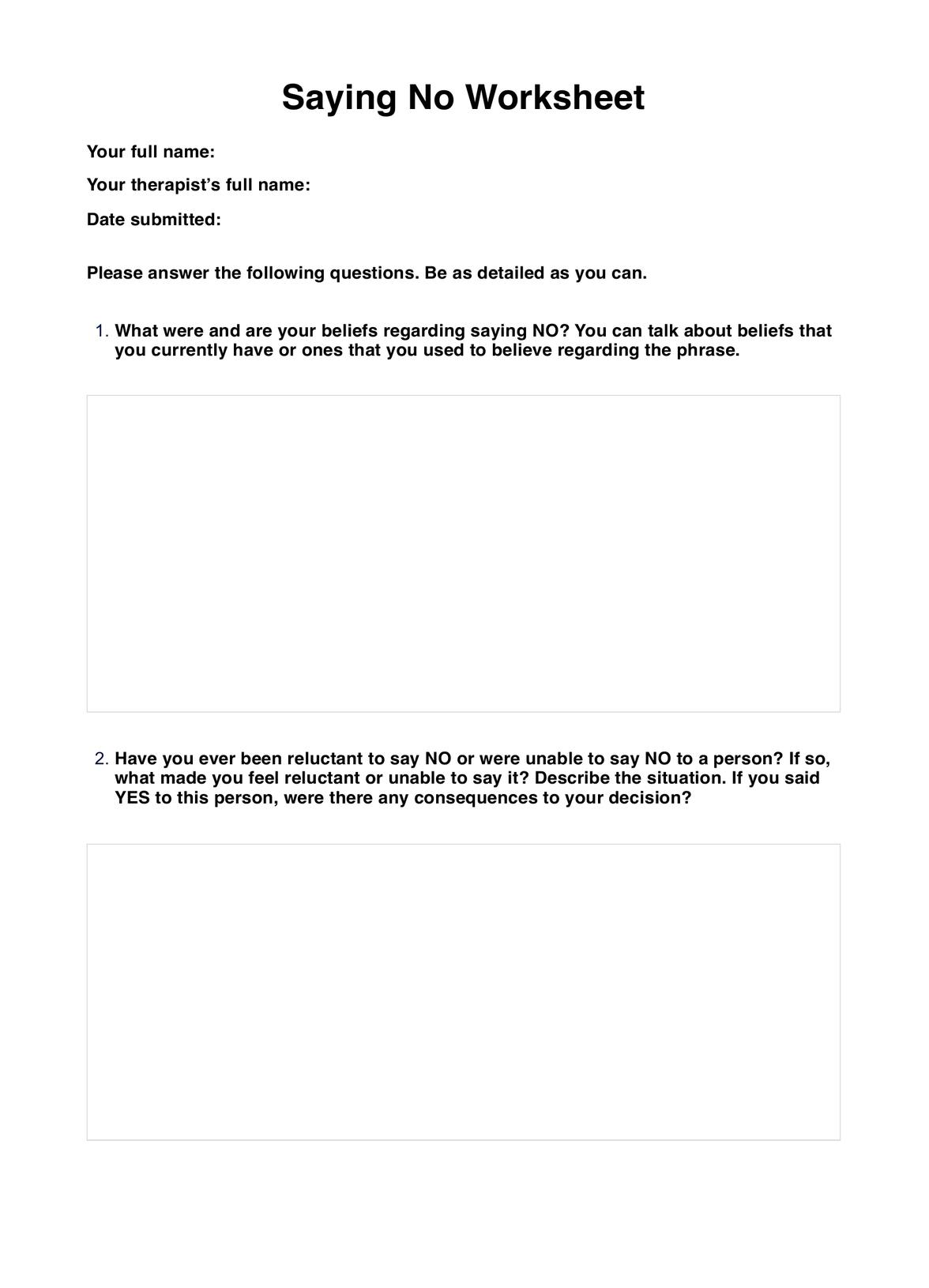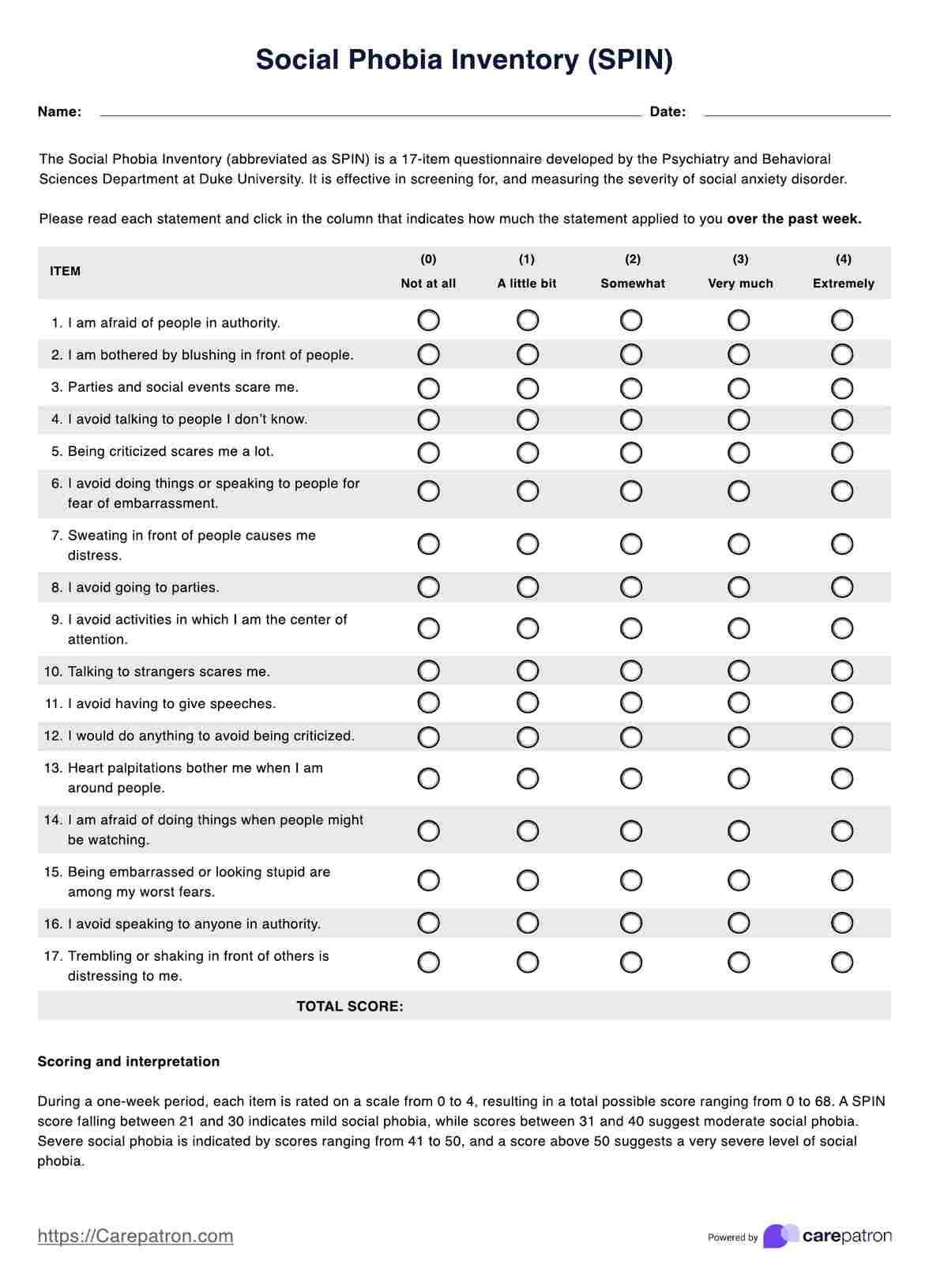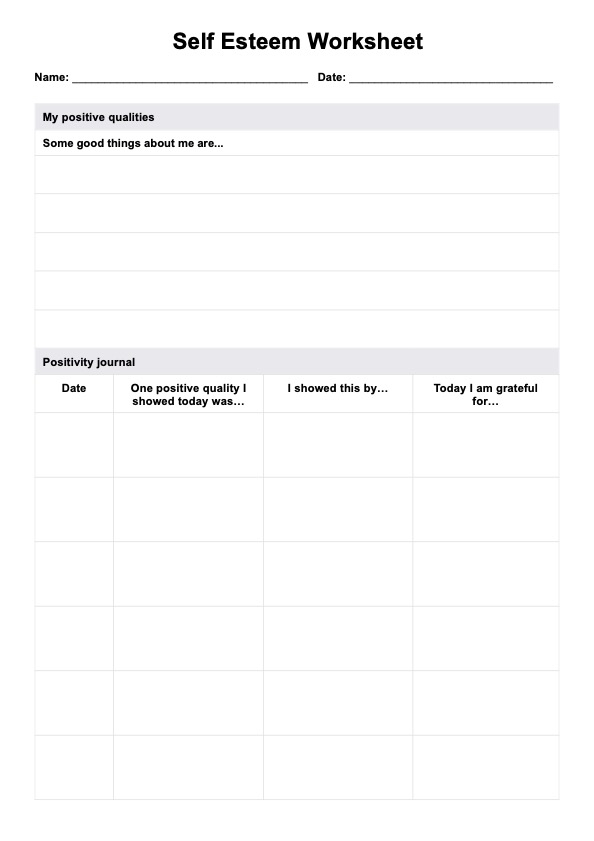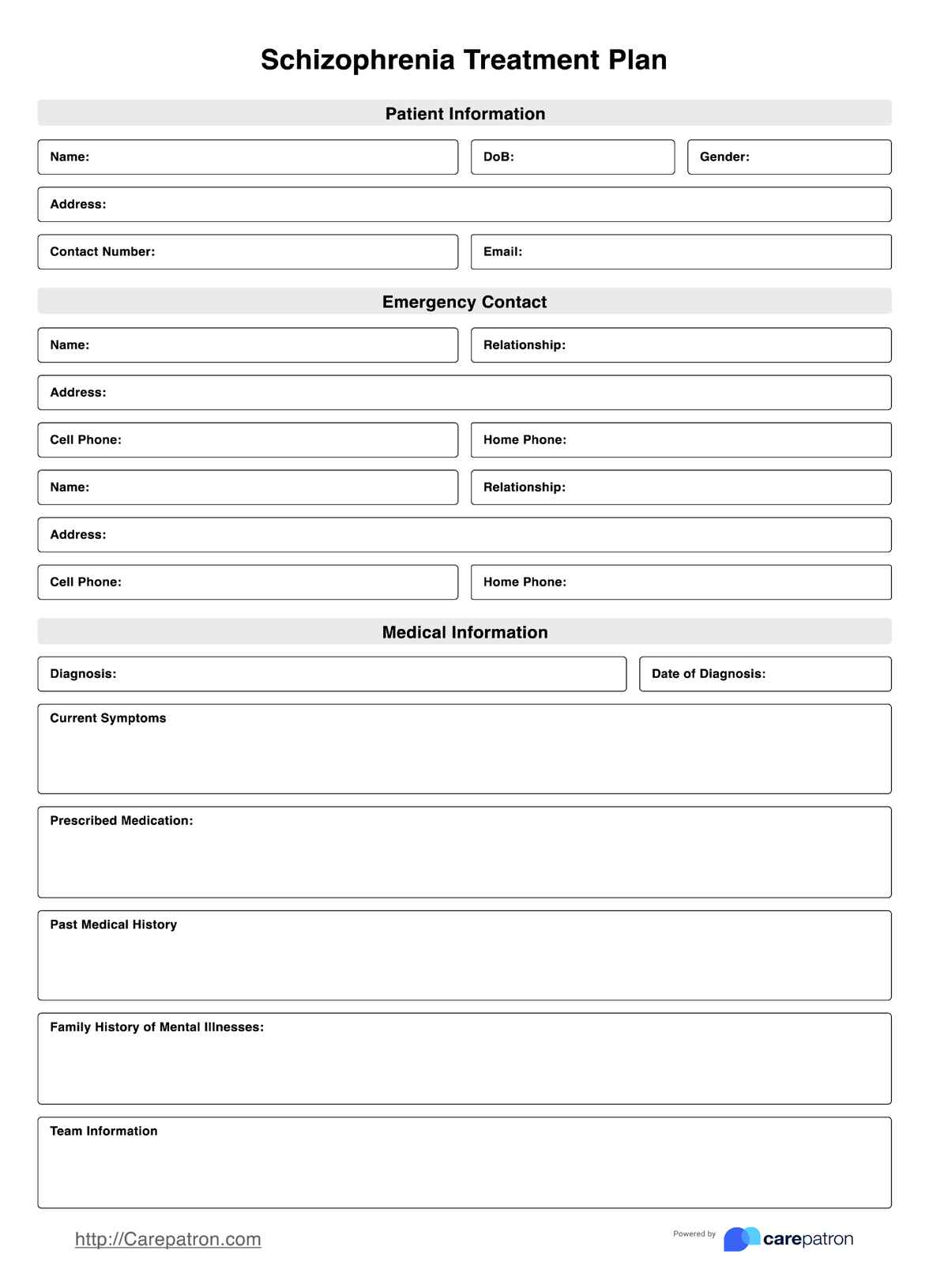Positive Traits Worksheets
Discover the power of positive traits with our printable Positive Traits Worksheets. Self-reflect and cultivate positive qualities in your personal and professional life.


What does good character mean?
When talking about good character traits, what comes to mind first? Good character is not just about having a pleasant smile or being polite. It's about the underlying set of positive personality traits that guide a person's actions and interactions with the world. These character traits describe personal attributes, behaviors, and how people treat themselves and others.
Positive character traits are the building blocks of a good person. They influence how people make decisions, navigate challenges, and build relationships. They also contribute to a person's growth, positive appearance, and overall well-being (Peterson & Seligman, 2004). As a healthcare professional, for instance, only you can take action to cultivate good character traits that create a positive impact in your workplace and with patients.
Positive character traits
Positive character traits are essential qualities that shape an individual's personality, behavior, and interactions with others. These traits contribute to personal growth, healthy relationships, and a positive societal impact. Some critical positive personality traits include:
- Honesty: Being truthful, transparent, and sincere in words and actions. Being honest builds trust and integrity in relationships.
- Respect: This means treating others with consideration, valuing their perspectives, and acknowledging their feelings. A sense of respect fosters a supportive and inclusive environment.
- Kindness: Kindness is about showing empathy and concern for others' well-being. This creates a compassionate and caring atmosphere.
- Responsibility: When one is responsible, they take accountability for their actions, decisions, and commitments. Responsibility demonstrates reliability and trustworthiness.
- Perseverance: The core of perseverance is persisting in the face of challenges and not giving up easily. This trait helps individuals overcome obstacles and achieve their goals.
- Courage: Courage is the strength to act by one's beliefs and principles, even in difficult situations. Courage promotes integrity and ethical decision-making.
- Humility: Humility is recognizing one's limitations and being open-minded about learning new ideas from others. It fosters a high level of commitment to growth and fostering respectful relationships.
- Integrity: Integrity is adhering to strong moral principles and acting in alignment with one's values. Integrity builds trust and credibility.
It's important to remember that good character is a journey, not a destination. Everyone makes mistakes, and growth comes from learning and adapting. Positive character traits can be developed and strengthened through self-reflection, constructive criticism, and a commitment to being the best version of oneself (Park & Peterson, 2009). This allows clients to be more self-confident and learn to practice self-control in everyday life.
When we encourage the development of positive character traits, we can empower individuals to build strong relationships, exercise compassion, and lead fulfilling lives.
How can we develop positive character traits?
Developing positive character traits is an ongoing process that requires conscious effort, self-reflection, and a willingness to learn and grow. Here are some effective strategies that can help cultivate and strengthen these essential qualities:
1. Self-awareness
The first step in developing positive traits is understanding one's strengths, weaknesses, values, and beliefs. Take time for introspection and identify the traits clients already possess and those they wish to develop.
2. Role models
Let clients observe individuals who exemplify the positive traits they admire. Learn from their behavior, attitudes, and approach to life. Clients can also seek mentors or colleagues who can provide guidance and inspiration.
3. Deliberate practice
Actively incorporate positive traits into your daily life and interactions. Practice being patient, empathetic, or resilient in challenging situations. Consistently applying these traits will help them become ingrained habits.
4. Constructive feedback
Clients can also seek input from trusted sources, such as colleagues, friends, or family members. Be open to constructive criticism and use it as an opportunity for personal growth.
5. Personal growth activities
Encourage clients to engage in activities that promote self-development, such as reading books on personal growth, attending workshops or seminars, or participating in support groups or coaching sessions.
6. Accountability partners
You can also recommend clients find an accountability partner or join a group that shares similar goals and is focused on personal growth. Encourage and support each other in cultivating positive traits.
Positive Traits Worksheets Template
Positive Traits Worksheets Example
What is a Positive Traits Worksheet?
A Positive Traits Worksheet is a tool that assists people in identifying their positive traits. The worksheet is typically a table or chart in which individuals can list their positive qualities and then reflect on how frequently they use or notice them. Identifying positive traits can help individuals improve their self-worth, self-esteem, and general confidence. This tool can provide a more organized and structured way of exploring positive change with clients.
How to use this Positive Traits Worksheet
Now that you have a basic understanding of what one is and why it can be helpful in therapy and self-development, let's get into the specifics of how to utilize a Positive Traits Worksheet. Here is a step-by-step guide on how to use the Positive Traits Worksheet:
Step 1: Identify positive traits
The worksheet lists positive traits, such as gratitude, empathy, resilience, and creativity, along with their definitions and examples. Let the clients review the list and honestly reflect on whether they possess each trait by marking "Yes" or "No" in the corresponding column.
Step 2: Self-reflection
Let clients consider and respond to reflection questions. These questions may involve identifying their personal opinions about their traits, recognizing areas for improvement, and analyzing specific situations where they demonstrated or wished for certain positive characteristics.
Step 3: Recognize strengths and areas for development
Based on the responses to the reflection questions, let clients identify the positive traits they believe are their strengths and those they wish to cultivate further. This self-awareness can help them leverage their strengths more effectively and develop a plan for personal growth.
Step 4: Continuous improvement
Personal growth and character development are ongoing processes. Regularly revisit the Positive Traits Worksheet with clients, reassess their progress, and identify new areas for improvement.
Why is this form useful for therapists?
Therapists can use this Positive Traits Worksheet to aid clients in cultivating a positive mentality and conduct. This form is helpful for therapists because it allows them to:
- Help build curiosity among clients about their positive characteristics and build on their strengths.
- Encourage the client to reflect on their positive qualities and how they can use them more effectively.
- Help the client develop a positive mindset and conduct to internalize these positive traits.
References
Park, N., & Peterson, C. (2009). Character Strengths: Research and Practice. Journal of College and Character, 10(4). https://doi.org/10.2202/1940-1639.1042
Peterson, C., & Seligman, M. E. P. (2004). Character strengths and virtues: A handbook and classification. Oxford University Press; American Psychological Association.
Commonly asked questions
Some typical positive character traits include honesty, integrity, empathy, generosity, and a strong work ethic. These traits reflect an individual's moral compass, ability to connect with others, and commitment to personal growth and achievement.
Good people often include kindness, compassion, respect for others, personal responsibility, and a desire to make a positive impact. They tend to be ethical, reliable, and willing to help those in need. They exhibit self-awareness, deal with their emotions well, and express commitment to their principles.
Attributing positive qualities to someone means recognizing and acknowledging their admirable traits and behaviors. This involves identifying and highlighting the person's strengths, such as kindness, intelligence, creativity, or diligence. Attributing positive qualities helps reinforce and keep clients motivated.


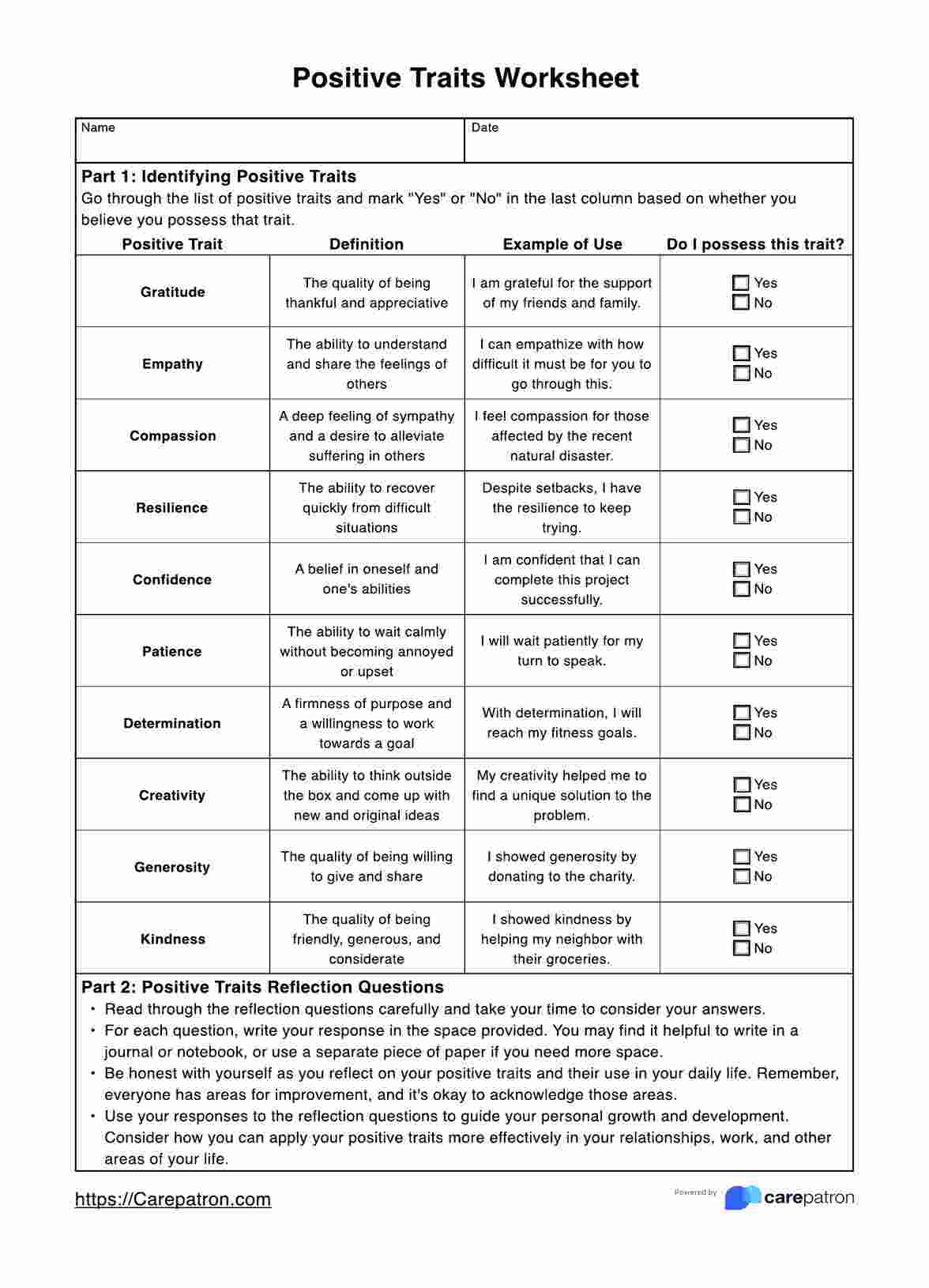
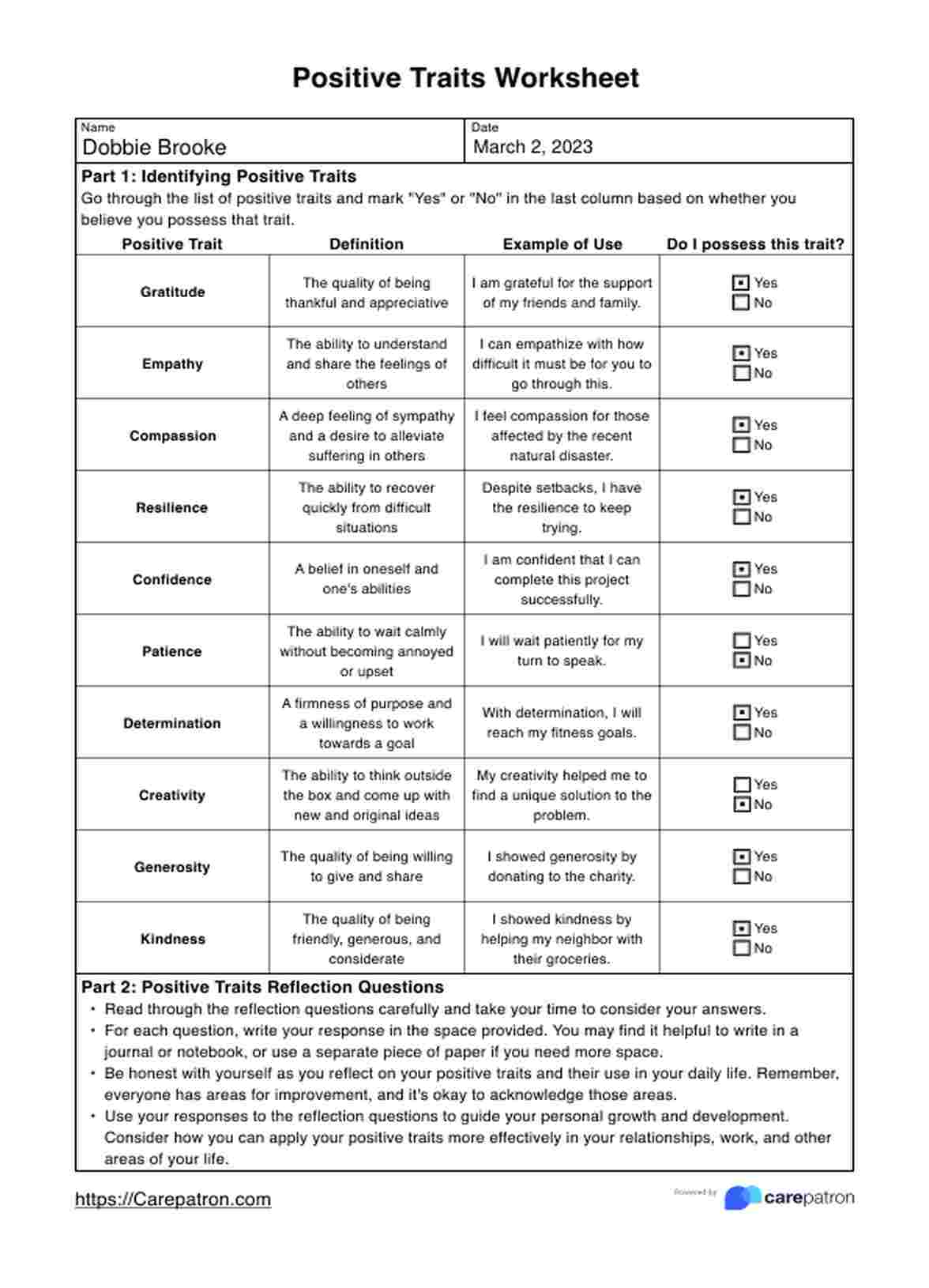















-template.jpg)





















































































